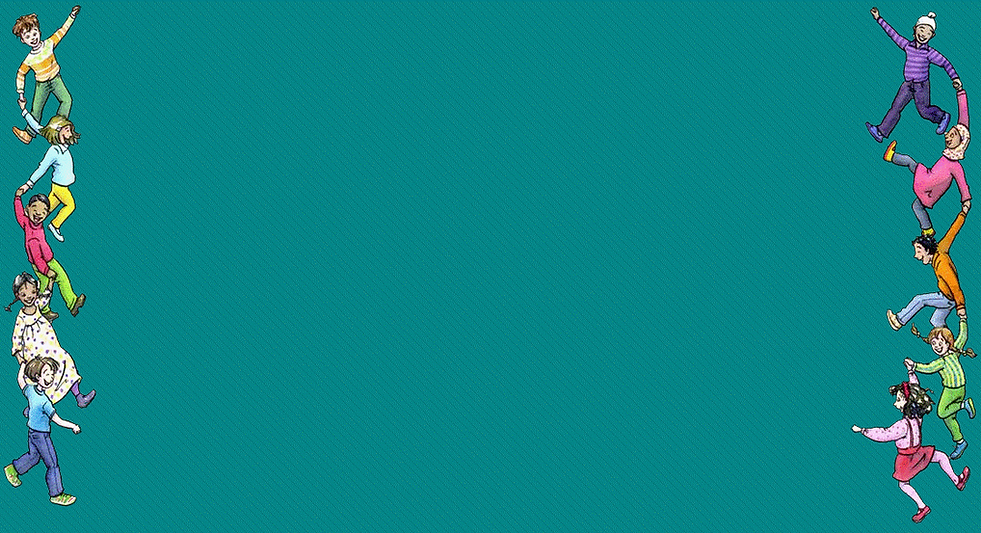





Alina In a Pinch
by Shenaaz Nanji
LUNCHTIME CAN BE LONELY WHEN YOU'RE THE NEW KID AT SCHOOL
Moving to a new city means Alina has to make new friends, and nothing is worse than lunch at a new school. When her grandmother visits, Alina learns to cook the delicious Afro-Indian meals she’s always loved and is inspired to audition for the Junior Chef competition. But a cruel note from a mysterious lunchtime bully leaves a bitter taste that even Nani's excellent cooking can't erase.
Can Alina be brave enough to stay true to herself and still fit in with her classmates?


Alina's relationship with Nani is heartfelt, and the protagonist’s growing self-assuredness and perseverance will be a comfort for fellow new kids who see themselves in her struggles.”
Publishers Weekly
ISBN-13: 9781772602456
Publisher: Second Story Press, 2022
Praise for Alina in a Pinch

"A smart, timely tale of acceptance, pride, and identity, Alina in a Pinch is a book that has you cheering for its plucky protagonist.”
Open Book
"This chapter book will guide readers into diversity and equity and acceptance… and not just because of the food we eat."
Dr Larry Swartz
Hi Ginger! Can you tell us what this book is about?
This book is about a girl named Alina that moves to a new neighbourhood in Calgary. Alina’s love of cooking makes her want to enter a cooking contest. Her problem is that someone left a mean note about her grandmother’s Indian cooking that disturbed her. She starts making friends that support her in her new school. Alina tries (with the help of her friends) to discover who wrote the mean note, and she eventually finds out who wrote it.
What do you like about this book?
I like all the cultures that this book describes. At the international festival, the students get to express their cultures.
What is your favourite part of the story?
The chapter “The Cat’s out of the Bag” was my favourite part. Alina solves her problems because she speaks up.
What do you like about the illustrations?
I like how this book blends normal shading and pointillism. I learned about pointillism at school.
Why should kids read this book?
I think kids should read this book because it’s very informative about culture and that you should express it if you enjoy it. You should not hide what you like just because other people don’t agree with it.
If you could ask the author or illustrator a question, what would it be?
I would ask the author how they came with the topic of this book and all of the characters’ cultures.





